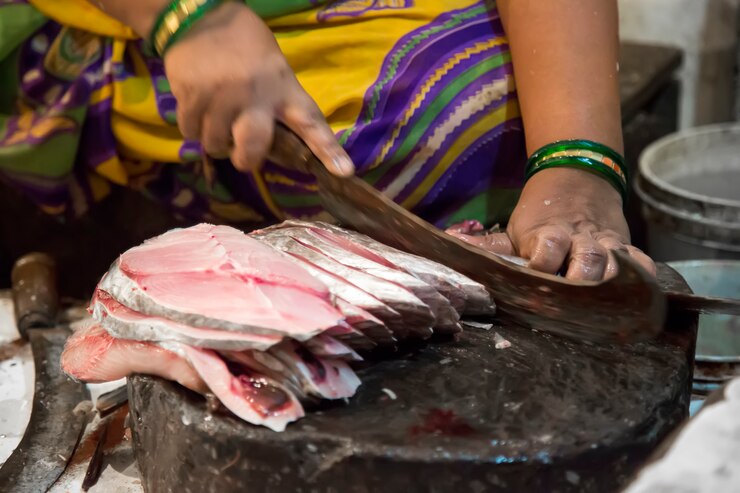Exotic meats have gained popularity worldwide, including in South Africa, where there is a growing market demand for unique and alternative food options. While South Africa has a rich culinary heritage, there is a significant interest in exploring new tastes and experiences, especially among food enthusiasts, adventurous eaters, and those seeking healthier and sustainable protein sources. Here are some key factors influencing the market demand for exotic meats in South Africa:
- Culinary Diversity: South Africa is known for its multicultural society, and people are increasingly open to trying different cuisines and flavors. Exotic meats offer a unique and exciting culinary experience, allowing individuals to explore flavors from around the world.
- Health and Nutrition: Exotic meats are often perceived as a healthier protein option due to their leaner profiles and lower fat content compared to traditional meats. For health-conscious consumers, these meats can be an appealing alternative to conventional sources of protein.
- Novelty and Adventure: Exotic meats provide a sense of adventure and novelty, attracting consumers who enjoy trying new and unique food experiences. These meats offer a break from routine and present an opportunity for individuals to explore different cultures through their culinary preferences.
- Environmental Sustainability: Concerns about the environmental impact of traditional meat production have led many consumers to seek more sustainable protein sources. Exotic meats, such as ostrich, crocodile, or game meats like kudu or impala, are often considered more environmentally friendly alternatives due to their lower carbon footprint and less intensive farming practices.
- Tourism and Hospitality: South Africa is a popular tourist destination, and the demand for exotic meats is also driven by international visitors seeking to explore local cuisine. Restaurants and hotels catering to tourists often include exotic meat options on their menus to provide a unique dining experience.
- Ethical Considerations: An increasing number of consumers are concerned about animal welfare and the ethical implications of meat consumption. Exotic meats can be seen as a more ethical choice as many of these animals are sourced from wild or free-range environments.
- Rise of Specialized Retailers: The market for exotic meats has been supported by the emergence of specialized retailers, both physical stores and online platforms, that cater to this demand. These retailers offer a wide variety of exotic meats, making them more accessible to consumers across South Africa.
Despite the growing market demand for exotic meats, it’s important to note that cultural preferences, affordability, and availability can influence consumer choices. Additionally, regulations regarding the sourcing and sale of exotic meats should be considered to ensure sustainability and food safety standards are met.
The market demand for exotic meats in South Africa is driven by factors such as culinary diversity, health consciousness, adventure-seeking consumers, environmental sustainability, tourism, ethical considerations, and the presence of specialized retailers. As consumer preferences continue to evolve, it’s essential for businesses to understand and adapt to these trends to meet the demands of the market.
Join 'Farmers Mag' WhatsApp Channel
Get the latest Farming news and tips delivered straight to your WhatsApp
CLICK HERE TO JOIN






